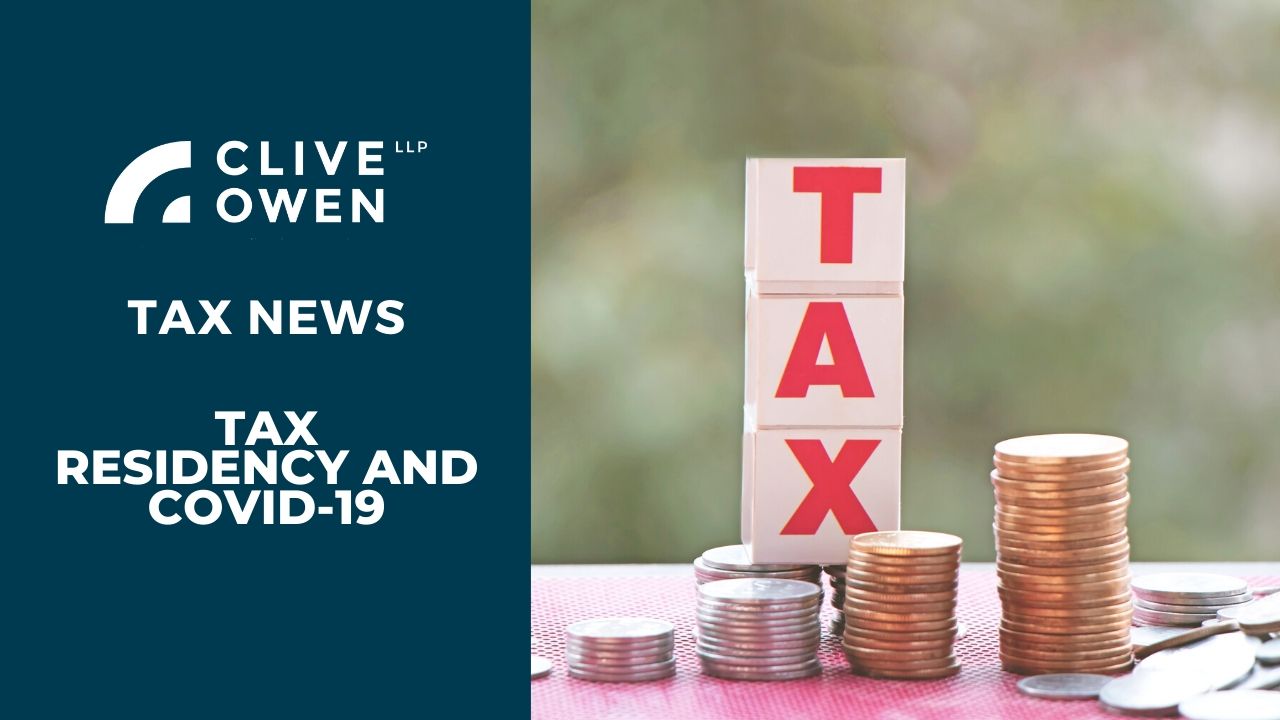
Date posted: 8th Jul 2020
Travel restrictions imposed by COVID may cause a tax headache for a number of individuals who are usually regarded as non-UK resident and as a result do not pay any UK tax on their overseas earnings, despite their family living in the UK.
A statutory residence test was introduced a number of years ago, to determine of a legislative footing, the residency of individuals. A lot of individuals meet the non-residency conditions as a result of the third automatic overseas test. The main conditions are:
- you spend fewer than 91 days in the UK in the tax year.
- the number of days on which you work for more than 3 hours in the UK is less than 31.
- there is no significant break from your overseas work.
Given that we already more than 91 days into the 2020/21 tax year, the first condition is unlikely to be able to be met. However, it was announced that you may be able to disregard up to sixty days due to COVID but there is no guarantee that your circumstances will be regarded as exceptional – https://www.gov.uk/hmrc-internal-manuals/residence-domicile-and-remittance-basis/rdrm11005
Whilst this may help you meet the first condition, you may not be able to meet the significant break rules. If none of the other automatic overseas tests, can be met, you will then need to consider the automatic residence tests. If those can be overcome (i.e. you aren’t automatically resident), you will then need to apply the sufficient ties test to your circumstances. However, there is no guidance from HMRC whether the disregarded sixty days can apply to the number of days that you will need to consider when applying the sufficient ties test.
Tax residency is a complex area of taxation and needs expert advice. If you have any queries regarding tax and residence issues, please contact our Tax team here or call us on 01325 349700.
Read more below:
Read more June 2020 tax news below:
- Chancellor’s summer economic update – Covid -19 support update
- Region’s business leaders express their wishes for Rishi Sunak’s summer statement
- Coronavirus income support scheme
- VAT concession to be withdrawn on solicitors search fees
- Off payroll working changes to go ahead from April 2021
- R&D tax relief and COVID-19
- Corporation tax repayments – Update to HMRC guidance
- Tax Expert Warns of Capital Gains Tax Changes for House Sales
- Electric cars – more good news!


